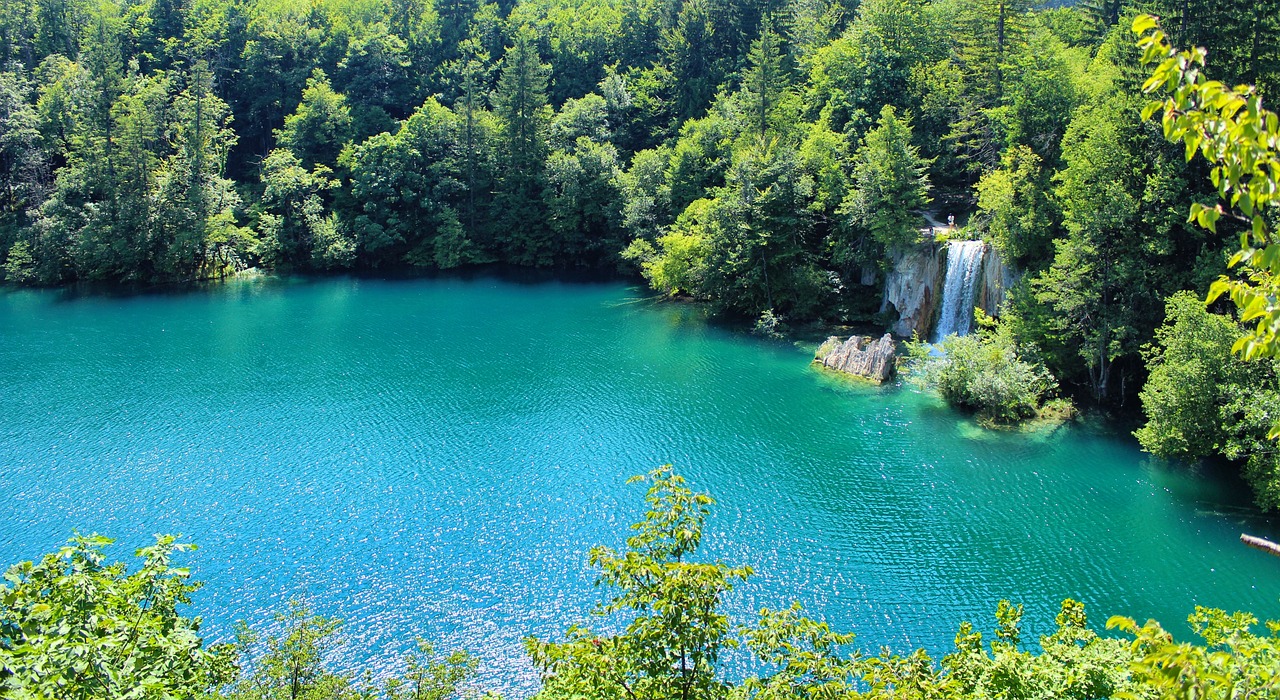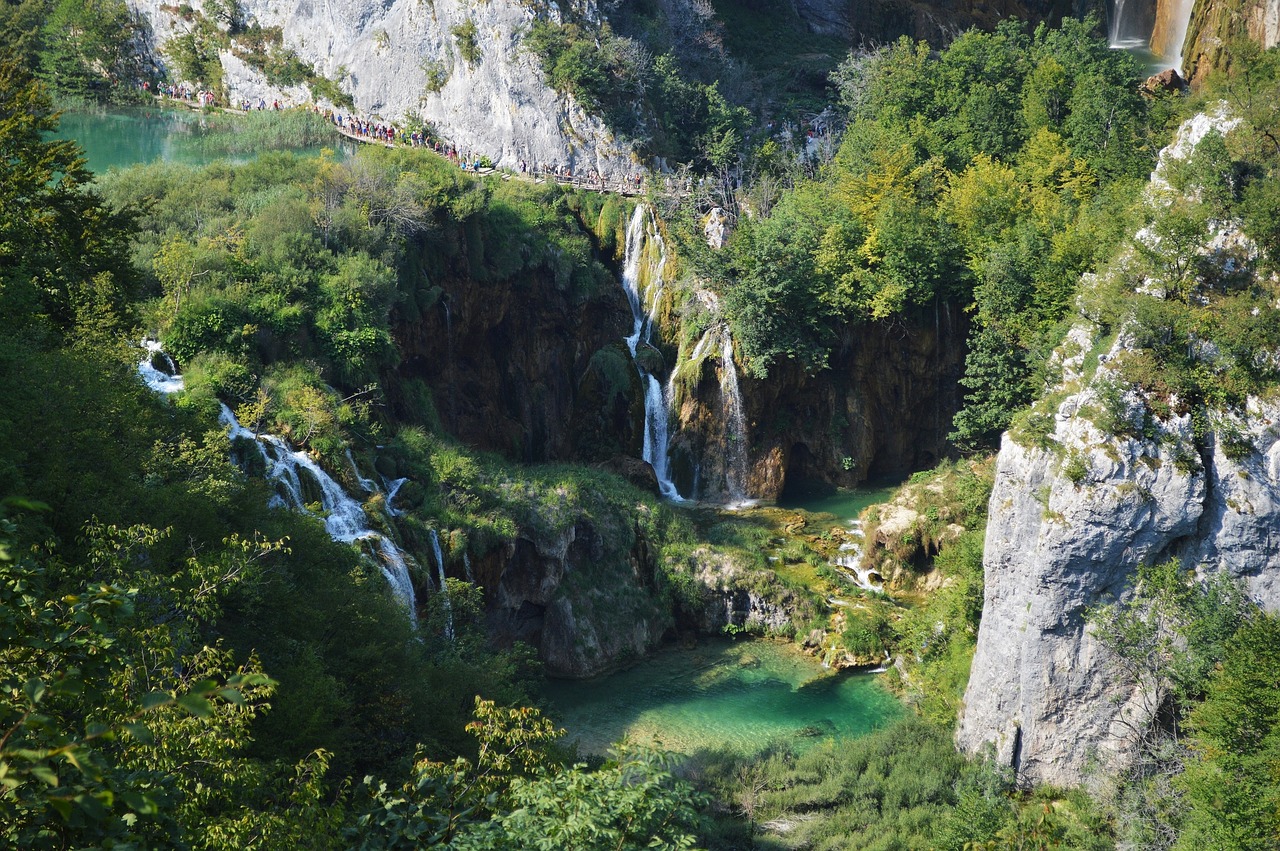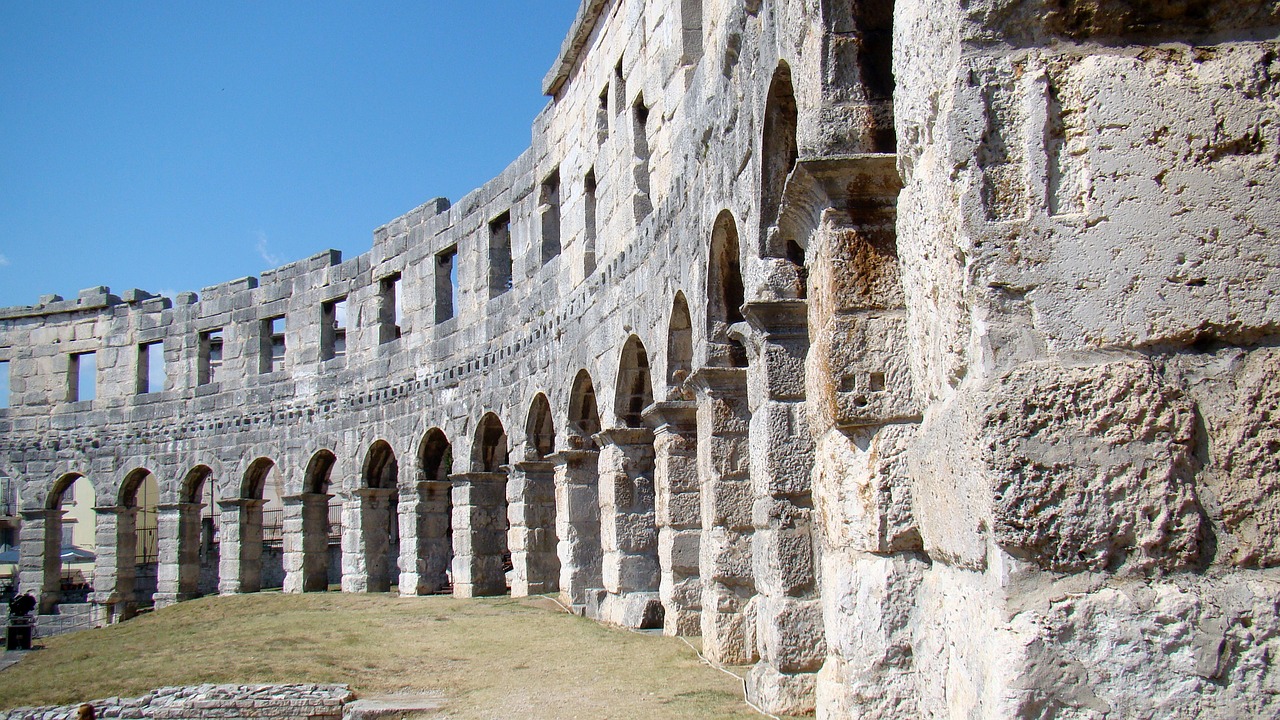Learning Croatian Language: Quick Tips and Resources
Learning a new language can be an exciting and rewarding experience. If you’ve set your sights on learning the Croatian language, you’re in for a treat. Croatian, also known as Hrvatski, is the official language of Croatia and is spoken by around 5 million people worldwide. Whether you’re planning a trip to Croatia or simply want to expand your linguistic skills, this article will provide you with quick tips and useful resources to help you on your language learning journey.
Section 1: Basic Croatian Phrases
Learning some basic Croatian phrases is a great way to start your language learning journey. Here are a few essential phrases to get you started:
- Dobar dan: Good day
- Hvala: Thank you
- Molim: Please
- Gdje je WC?: Where is the bathroom?
- Kako se zovete?: What is your name?
Use this greeting when meeting someone during the day.
A simple word of gratitude that will come in handy in various situations.
Use this polite word when making a request or asking for something.
A useful phrase to know when you need to find a restroom.
A common question to ask when meeting someone new.
Section 2: Croatian Alphabet and Pronunciation
Before diving into the Croatian language, it’s important to familiarize yourself with the alphabet and pronunciation. The Croatian alphabet consists of 30 letters, including diacritic letters such as č, ć, đ, š, and ž. Here are a few tips for pronouncing Croatian letters:
- Č: Pronounced like “ch” in “cheese”
- Ć: Pronounced like “ch” in “church”
- Đ: Pronounced like “j” in “job”
- Š: Pronounced like “sh” in “sheep”
- Ž: Pronounced like “zh” in “treasure”
Section 3: Croatian Language Schools and Courses
If you prefer structured learning, enrolling in a Croatian language school or course can be a great option. Here are a few reputable language schools and courses that offer Croatian language programs:
- Croatia Language School: Located in Zagreb, Croatia, this language school offers intensive Croatian courses for all levels.
- Transparent Language: An online platform that provides interactive Croatian lessons and resources.
- University of Zagreb: The Faculty of Humanities and Social Sciences at the University of Zagreb offers Croatian language courses for foreigners.
Croatia Image 1:

Section 4: Language Exchange Programs
Language exchange programs are a fantastic way to practice your Croatian language skills with native speakers. Here are a few popular language exchange platforms:
- Tandem: A language exchange app that connects language learners worldwide.
- ConversationExchange: An online platform that helps you find language partners for face-to-face or virtual language exchanges.
- Italki: A language learning platform that offers one-on-one language lessons with native Croatian speakers.
Section 5: Online Language Resources
The internet is a treasure trove of resources for learning Croatian. Here are some online resources to help you on your language learning journey:
- Duolingo: A popular language learning app that offers Croatian courses for beginners.
- Babbel: An online language learning platform that provides interactive Croatian lessons.
- Croatian Language Lessons: A website that offers free Croatian lessons, grammar explanations, and vocabulary exercises.
Section 6: Croatian Language Apps
Language learning apps are convenient tools that allow you to learn on the go. Here are a few Croatian language apps to consider:
- Memrise: A language learning app that uses spaced repetition to help you memorize Croatian vocabulary.
- Pimsleur: An audio-based language learning program that focuses on spoken Croatian.
- Beelinguapp: An app that provides bilingual stories in Croatian to improve your reading and listening skills.
Croatia Image 2:

Section 7: Croatian Language Books
Books can be valuable resources for learning Croatian, providing in-depth explanations of grammar and vocabulary. Here are a few recommended Croatian language books:
- “Colloquial Croatian” by Celia Hawkesworth: A beginner’s guide to learning Croatian with audio material for pronunciation practice.
- “Teach Yourself Croatian” by David Norris: A comprehensive self-study course that covers all aspects of the Croatian language.
- “Croatian-English, English-Croatian Dictionary & Phrasebook” by Ante Susnjar: A handy reference guide for vocabulary and phrases.
Section 8: Immersion and Cultural Experiences
Immersing yourself in the Croatian language and culture can greatly enhance your language learning experience. Here are a few ideas for immersion and cultural experiences:
- Travel to Croatia: Visit Croatia and immerse yourself in the local culture while practicing your language skills.
- Language Homestays: Stay with a Croatian host family and practice speaking Croatian in a real-life setting.
- Attend Croatian Events: Look for Croatian cultural events or language exchange meetups in your area.
Section 9: Croatian Language Podcasts
Podcasts are a fantastic way to improve your listening skills and learn more about the Croatian language and culture. Here are a few Croatian language podcasts:
- CroatianPod101: A podcast that offers Croatian lessons at various levels, covering grammar, vocabulary, and cultural insights.
- Easy Croatian: A podcast that focuses on teaching Croatian through conversations and everyday topics.
- Croatian Language Café: A podcast that discusses various aspects of the Croatian language and provides language learning tips.
Croatia Image 3:

Section 10: Language Learning Communities
Joining language learning communities can provide you with a supportive network of fellow language learners and native speakers. Here are a few communities to consider:
- Reddit: The r/Croatian subreddit is a community where you can ask questions, share resources, and connect with other Croatian language enthusiasts.
- Language Learning Forums: Websites like WordReference and Duolingo’s forum have dedicated sections for Croatian language learners.
- Social Media Groups: Look for Croatian language learning groups on platforms like Facebook and Discord.
Section 11: Croatian Language Challenges
Challenges can add some fun and motivation to your language learning journey. Here are a few Croatian language challenges you can try:
- 30-Day Speaking Challenge: Commit to speaking Croatian for at least a few minutes every day for 30 days.
- Flashcard Challenge: Create Croatian flashcards for vocabulary and review them daily.
- Translation Challenge: Find short texts in Croatian and try to translate them into your native language.
Section 12: Conclusion
Learning the Croatian language can open doors to a rich culture and vibrant community. By using the tips and resources provided in this article, you can embark on a successful language learning journey. Remember to practice regularly, be patient with yourself, and enjoy the process of discovering the beauty of the Croatian language.
References
– Croatia Language School: croatia-language-school.com
– Transparent Language: transparent.com
– University of Zagreb: unizg.hr
– Tandem: tandem.net
– ConversationExchange: conversationexchange.com
– Italki: italki.com
– Duolingo: duolingo.com
– Babbel: babbel.com
– Croatian Language Lessons: croatian-language-lessons.com
– Memrise: memrise.com
– Pimsleur: pimsleur.com
– Beelinguapp: beelinguapp.com
– “Colloquial Croatian” by Celia Hawkesworth: routledge.com
– “Teach Yourself Croatian” by David Norris: teachyourself.com
– “Croatian-English, English-Croatian Dictionary & Phrasebook” by Ante Susnjar: amazon.com
– CroatianPod101: croatianpod101.com
– Easy Croatian: easycroatian.com
– Croatian Language Café: croatianlanguagecafe.com
– Reddit: reddit.com/r/Croatian
– WordReference: wordreference.com
– Facebook: facebook.com
– Discord: discord.com


